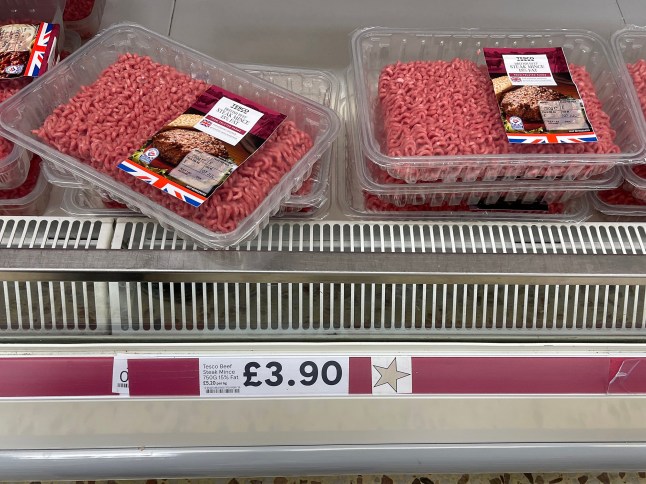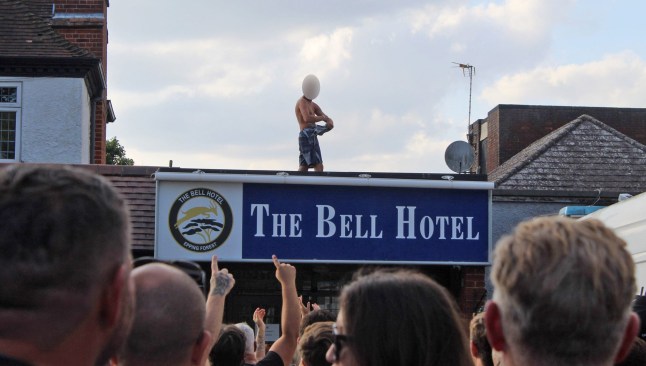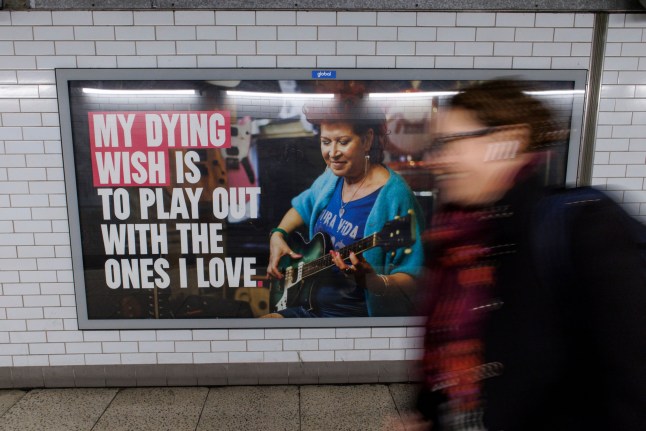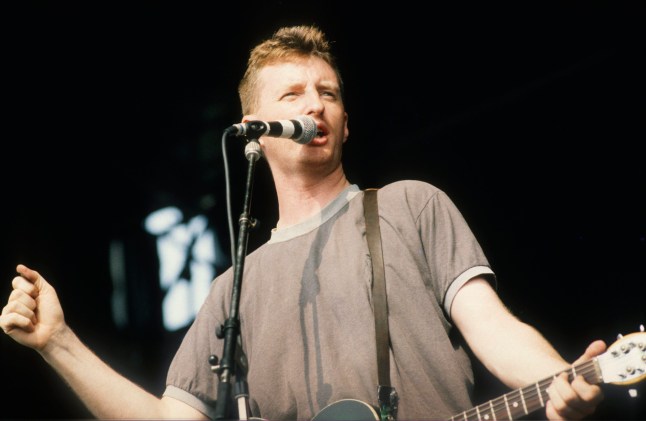
When he was starting out as a young singer-songwriter and rabble-rouser, Billy Bragg used to pride himself on nicking other people’s audiences.
A spot at a talent competition at the famous Bridgehouse pub in Canning Town, east London, in the early 1980s – one of his first appearances playing solo in front of an audience – had caught the attention of someone at the Tunnel Club in Greenwich.
Billy’s ‘angry poet with an electric guitar’ style might have only won him second place in the contest, but it went down well in the venue at the south end of the Blackhall Tunnel.
His job was warming up the crowd before the main act, a role he sometimes performed a bit too well.
‘If I came off and almost got an encore, the headliners were looking at cranky at me – they were gonna follow what I just done – I was always thought that was brilliant,’ he told Metro.
‘I mean, I wouldn’t get much money for it, but I was learning my craft. I was learning how to grow, you know, sort of grab an audience.’
The picture he paints of the music scene in London at that point is vibrant: the New Romantics may have been starting to swallow up the mainstream, but this diverse city had a culture to match.
‘One night would be a ska band. Another night might be a traditional rock band,’ Billy said.
‘There was a band called True Life Confessions who had a couple of strippers with them, that was a bit weird.
‘And there was a heavy metal band that I remember – during my brief sound check, they were taking thunderflashes to the front of the stage, which I thought was a bit over-the-top for a pub in east London.’
The Tunnel Club doubled as a comedy club at the time, giving Billy more licence to try out his patter on the crowd.
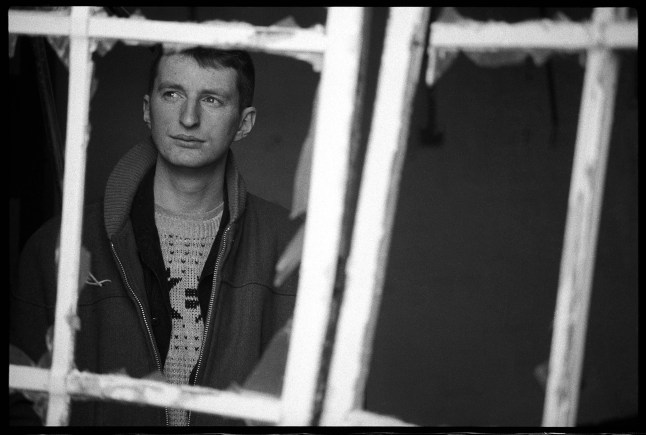
A video jukebox was usually kept running during the musical performances, so he would mimic the ‘strange, jerky’ dance moves of the Tears for Fears boys to the delight of the pubgoers.
He said: ‘I didn’t really have much style, as you’ve probably noticed if you’ve looked at any photographs throughout my career, but I did have a lot of content, and part of that content was talking to the audience.
‘I don’t think you can learn that if you haven’t gone out there and played those kind of small venues. You have to engage with people.’
On a recent trip to London, Billy walked south along Tottenham Court Road which links Euston with Trafalgar Square.
Starting at the north end, near Warren Street Tube station, he could see the building that once housed the Embassy Rooms venue.
Then there was the old Roebuck pub, where his mum first saw him perform: ‘The NME was there and wanted to talk to her as well. And she told them, you know, he doesn’t normally talk like that.’
Walking further down, he passed the Dominion, where he once opened for the Style Council. The Astoria, the Borderline – all venues where he had once taken to the stage, all now closed.
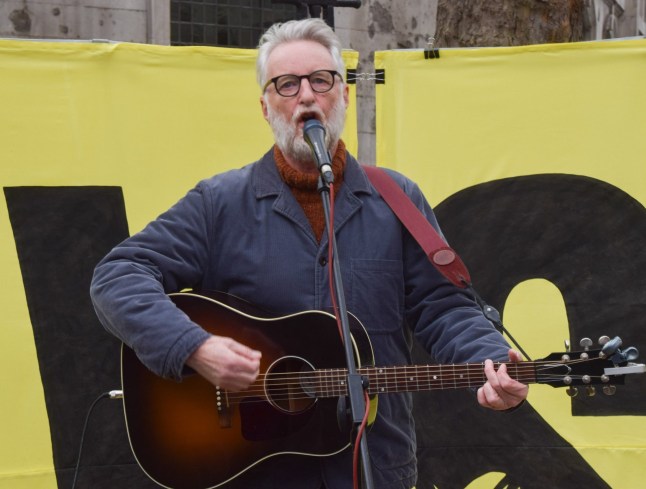
‘So it’s kind of saddened me a bit,’ he said. ‘Because it’s those venues that give people a chance to try out their stuff and find out – you know, how do you find out if your songs were any good, if you only even played them to your girlfriend or your mum or your bedroom mirror?
‘You got to get out in front of people. You got to take those first steps, those first tentative steps.
‘You know, I’ve always believed that the hardest thing to do in rock and roll is make that step between leaving your day job and making a living doing gigs, and you’re never going to get there, you know, nobody just suddenly arrives.’
London still has almost 180 precious grassroots music venues that still give performers the opportunity to play to a crowd – an opportunity that could change their life, or just make life feel a little better.
Billy said: ‘An audience can generate a sense of social solidarity. It’s not a political thing, because you’re in a room with paper and they’re all focusing on one thing, and they’re all cheering one thing, and they’re all enjoying one thing.
‘You, as a member of the audience, you feel sort of part of something bigger, you know – I mean, I’m into this cool thing, and everyone else thinks it’s cool, therefore, maybe I’m cool too.’
Get in touch with our news team by emailing us at webnews@metro.co.uk.
For more stories like this, check our news page.
